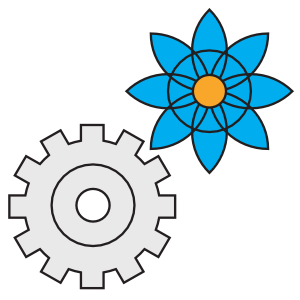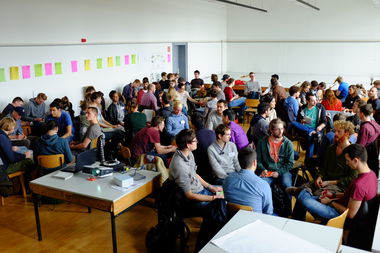Baukasten:Bisphenol A and Plastics - Allow or Ban - Digital: Unterschied zwischen den Versionen
(Die Seite wurde neu angelegt: „= Bisphenol A and Plastics - Should they be banned or allowed? - Digital = {{Vorlage:Baukasten:Infobox:EN | Sprache = english | Indesign = false | Titel = B…“) |
(kein Unterschied)
|
Version vom 26. Januar 2021, 19:18 Uhr
Bisphenol A and Plastics - Should they be banned or allowed? - Digital
This building block deals with different perspectives on controversial technologies and the potential dangers they entail. The role of science is critically examined in this context. As science is commonly considered neutral, we tend to overlook that scientists have the power to largely influence public discourse and decision making. They can for example provide various interest groups with suitable arguments or calculating the potential risks as large or small as possible.
Bisphenol A is a central component of many types of plastic. For example in the lining of food cans it increases the storage life of foods. It was originally developed as a substitute for estrogen, but did not show the desired effect. Anyway, Bisphenol A has been the subject of controversial scientific studies, social debates and political decisions due to its hormonal effect.
In a small role play the participants adopt the position of representatives from industry, science, a citizens' initiative and decision makers. Starting from the same references, they develop their role's position and represent it in an acted TV talk show. On the basis of this debate, the decision makers determine how bisphenol A will be handled in the future. Finally, the debate and the decision-making process are reflected upon together.

